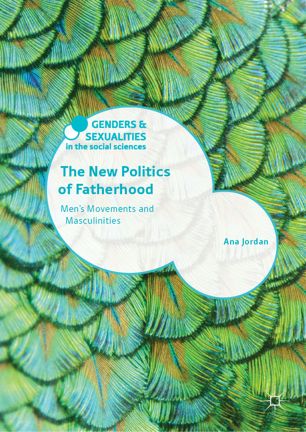

Most ebook files are in PDF format, so you can easily read them using various software such as Foxit Reader or directly on the Google Chrome browser.
Some ebook files are released by publishers in other formats such as .awz, .mobi, .epub, .fb2, etc. You may need to install specific software to read these formats on mobile/PC, such as Calibre.
Please read the tutorial at this link: https://ebookbell.com/faq
We offer FREE conversion to the popular formats you request; however, this may take some time. Therefore, right after payment, please email us, and we will try to provide the service as quickly as possible.
For some exceptional file formats or broken links (if any), please refrain from opening any disputes. Instead, email us first, and we will try to assist within a maximum of 6 hours.
EbookBell Team

0.0
0 reviewsThis book makes a unique contribution to contemporary research into masculinities, men’s movements, and fathers’ rights groups. It examines the role of changing masculinities in creating equality and/or reinforcing inequality by analysing diverse men’s movements, their politics, and the identities they (re)construct. Jordan advances a typology for categorising men’s movements (‘feminist', ‘postfeminist', and ‘backlash’ movements) and addresses debates over the construction of ‘masculinity-in-crisis’, arguing that ‘crisis’ is frequently invoked in problematic ways. These themes are further explored through original analyses of material produced by ‘feminist’, ‘postfeminist’, and ‘backlash’ men’s groups. The main empirical contribution of the book draws on interviews with fathers’ rights activists to explore the (gendered) implications of the ‘new’ politics of fatherhood. The nuanced examination of fathers’ rights perspectives reveals multiple, complex narratives of masculinity, fatherhood, and gender politics. The cumulative effect of these is, at best, postfeminist and depoliticising, and, at worst, another vitriolic ‘backlash’.
The New Politics of Fatherhood expands scholarly understandings of gender, masculinities, and social movements in the under-researched UK context, and will appeal to readers with interests in these areas.